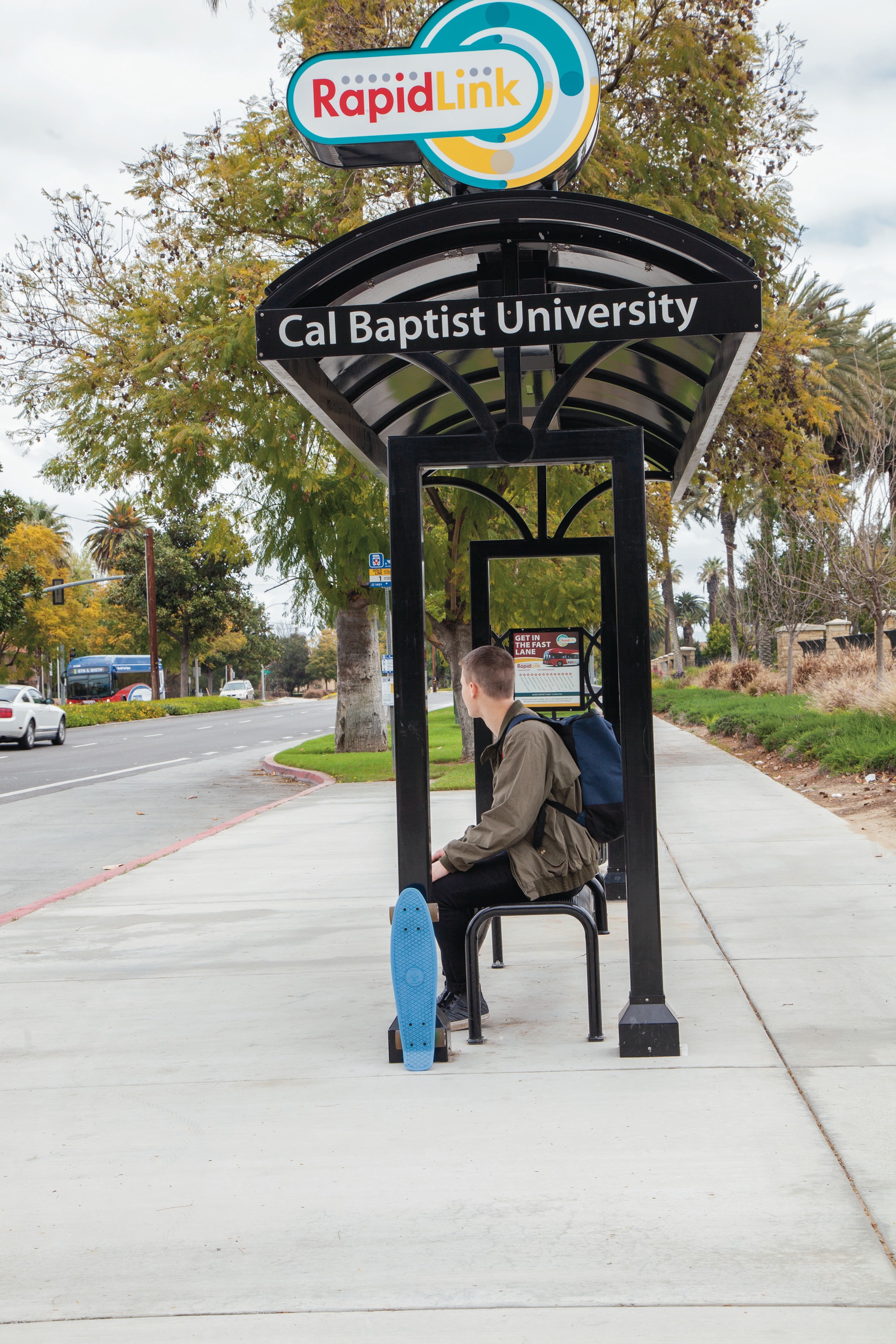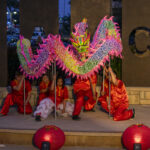
California Baptist University has experienced steady growth in recent years and is not expected to slow down any time soon. One way the university has accommodated that growth is the parking structure that opened for the fall 2019 semester. While most students are not currently on campus because of the COVID-19 pandemic, many students will face the decision of whether to bring a car with them when they return to campus next fall.
Increased enrollment means a higher volume of cars on campus driven by students, faculty and staff. However, there is still a community of students who do not have a car present while living on campus. While their college experience is slightly altered, there are both advantages and disadvantages to not having a car in one’s college years.
Jenesis Andrews-Kendale, sophomore applied theology major, expressed the disadvantages of what it was like for her when she did not have a vehicle on campus.
“The disadvantages are that you’ve usually got to plan out when you’re leaving campus,” Andrews-Kendale said. “You also always have to plan how you get to where you’re going.”
Living without a car on campus calls for a few extra steps when an individual needs to be transported somewhere off campus. It requires more planning and often coordination with others. However, it is still manageable and many students have overcome this obstacle.
Ruth Alraei, senior photography major, does not have a car on campus but said she has found other ways to travel around Riverside.
“I go off campus about three times a week,” Alraei said. “I get around either through walking, public transportation or the help of my friends.”
Public transportation is an excellent resource that all CBU students have the privilege of utilizing for free. Through the funds of both the Associated Students of CBU, the university’s student government, and the university itself, CBU students, faculty and staff can use their CBU ID to ride any bus operated by the Riverside Transit Agency free of charge.
For students who do have cars, all vehicles must be registered with CBU Safety Services. Cars are then issued a parking decal that designates the vehicle’s parking zone. Students who do not have a car on campus, however, do not have to worry about receiving any parking violations.
“We issued 8,028 parking permits for the 2019-2020 school year,” said Leon Phillips, director of Safety Services. “This is the number for all students, faculty and staff. The number rises to 8,279 when we add in vendor permits.”
Andrews-Kendale shared some additional benefits of living on campus without a vehicle.
“The advantages are that you don’t have to keep up with a car,” Andrews-Kendale said. “You also don’t pay for gas or worry about parking. I guess you can be a bit more productive as well because there’s less of a distraction, but I think that depends more on the person.”
Motor vehicles come with expenses including maintenance, insurance and fuel. A student who does not drive his or her own car during the semester does not have to worry about these looming costs.
Students have their own journey with not having a vehicle at their disposal. Some view it as a burden because they do not have the total freedom to drive spontaneously, while others can focus on the absence of vehicle costs and upkeep.
Alraei focused on both aspects, being transparent with both the positives and the negatives of the experience.
“It’s OK for me to not have a car since I have such great friends and community,” Alraei said. “I can appreciate it, yet I sometimes wish I had easy access to a car.”
Andrews-Kendale shared her knowledge of alternative transportation for other students who are also experiencing college life without a car.
“My friends were the easiest way to get around for me. I Uber’d a few times, and there’s also the bus,” Andrews-Kendale said.
When students return for the fall 2020 semester, some will bring vehicles from their homes nearby, some will drive from other states and some will choose not to have a car on campus. While life on campus without a vehicle does come with its challenges, students without cars can still have a meaningful experience at CBU.


